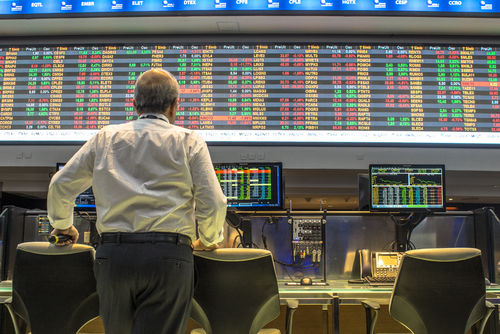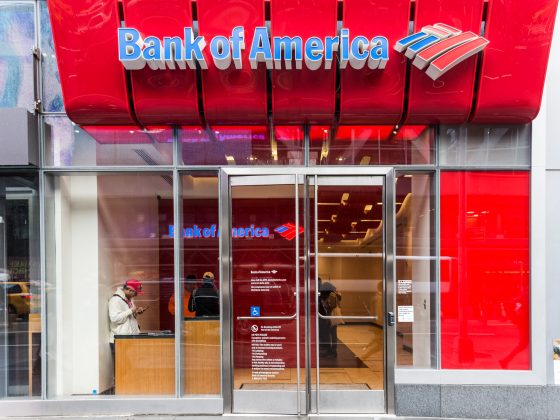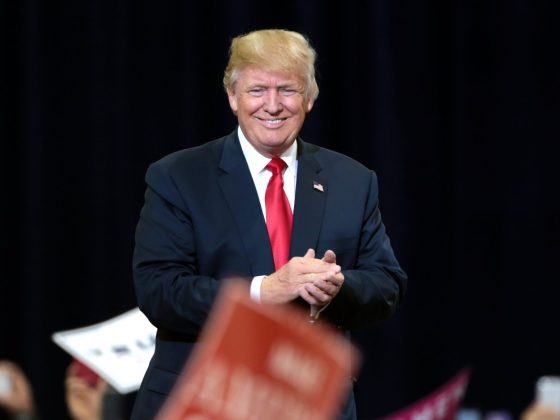Brazil’s stock market, represented by the Ibovespa index, faced a challenging week, with the index falling by 1.3% on Friday, dipping below the critical 128,000-point mark.
This decline marks the third consecutive day of losses for the index, and the São Paulo exchange is set to close the week with a flat performance, reflecting growing economic uncertainties in the country.
A combination of rising inflation, a weakening Brazilian real, and concerns over fiscal policy has created an environment of caution among investors, leading to a volatile market outlook.
Inflation data behind the recent downturn
The primary driver behind the recent downturn has been the latest inflation data, which has reinforced the Brazilian Central Bank’s hawkish stance.
October’s annual inflation rate rose to 4.76%, surpassing expectations of 4.72% and up from 4.42% in September.
This unexpected rise in inflation has been fueled by several key factors, including the impact of severe weather conditions, which have caused disruptions in agriculture and contributed to rising food and energy prices.
Additionally, the depreciation of the Brazilian real has compounded the inflationary pressures, making imports more expensive and further driving up domestic costs.
Economic growth, coupled with the expectation of looser fiscal policies, has added fuel to the fire.
The Brazilian Central Bank, reacting proactively to these developments, has raised interest rates twice this year to curb inflation.
However, these measures have yet to fully stabilize the economy, and uncertainty about future fiscal policies continues to weigh heavily on investor sentiment.
On the corporate front, several key sectors in Brazil have felt the strain of this inflationary environment.
Notably, Vale, a major mining company, saw its stock drop by 3% due to falling iron ore prices.
Other companies, including Ambev, JBS, and Suzano, also reported losses, ranging from 1.4% to 2.2%.
These declines reflect broader market pressures, including the lack of a Chinese stimulus to boost consumption, highlighting the interconnected nature of global markets.
The slowdown in China’s economic recovery has dampened demand forecasts for Brazilian commodities, further exacerbating the challenges faced by these companies.
However, not all sectors were hit equally. Petrobras, the state-controlled oil giant, bucked the trend by rising more than 1%.
The company’s strong financial performance, bolstered by high profits and cash flow, has positioned it for potential dividend announcements, which have helped boost investor confidence in its stock.
Brazilian real continues to struggle
Meanwhile, the Brazilian real continues to struggle, having fallen to 5.76 per US dollar, marking a drop from a two-week high.
This depreciation has been driven by a combination of domestic and international factors.
Increased budgetary uncertainty in Brazil, along with rising concerns about US protectionism under President Donald Trump and a sluggish Chinese economic recovery, has weakened the real.
The market is now eagerly awaiting further details on President Lula’s proposed fiscal measures, but the current lack of clarity has led to concerns about Brazil’s economic viability, prompting a more risk-averse stance among investors.
As global market dynamics shift, the demand for the US dollar has surged, putting additional pressure on developing market currencies like the Brazilian real.
The situation has been exacerbated by China’s limited fiscal stimulus, which has reduced demand for Brazilian exports, complicating the country’s economic outlook even further.
Investors are now carefully monitoring the situation, hoping for clearer signals from both the Brazilian government and global economic leaders to guide the next steps in Brazil’s financial recovery.
The post Ibovespa struggles as Brazilian real hits two-week lows amid rising inflation concerns appeared first on Invezz


